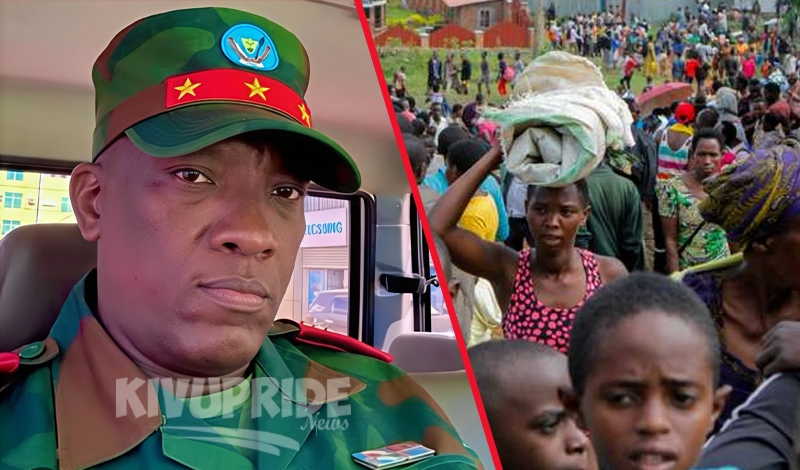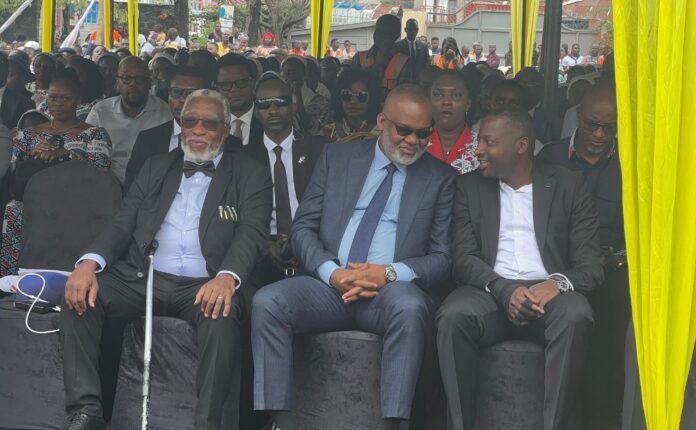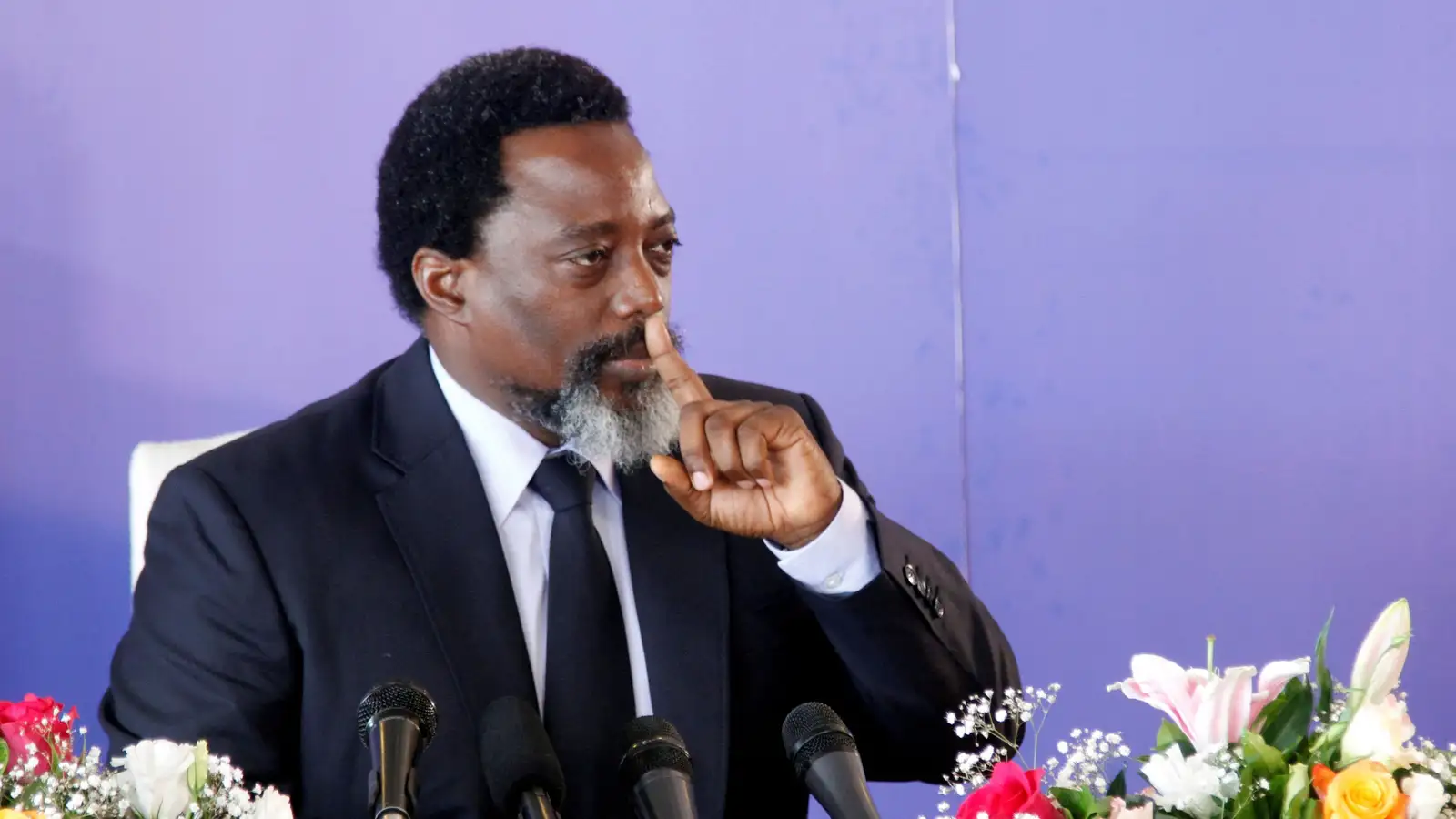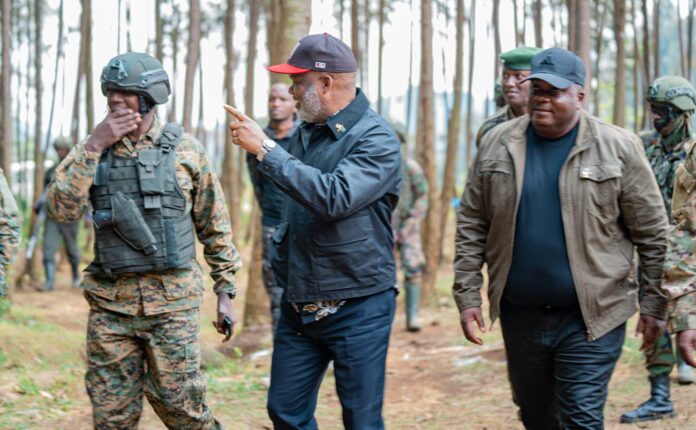Eastern Democratic Republic of Congo continues to endure pain and suffering caused by recurring conflicts rooted in ethnic discrimination, looting, and state-sponsored violence. While the Kinshasa regime claims to defend the country’s sovereignty, civilians on the ground lament the chaos fueled by FARDC, FDLR, and Wazalendo militia forces, long accused of atrocities and terrorizing local populations.
Note: Company, Blog, Church websites are free.
Recently, while addressing government-aligned troops, Lieutenant General Pacifique Masunzu, commander of Congo’s third military zone, asserted that no one but FARDC, Wazalendo, and FDLR would expel the M23 movement. However, many see his statements as arrogant and disconnected from the reality on the ground.
M23–Twirwaneho: A Movement From the People, for the People
AFC/M23 and Twirwaneho represent grassroots forces formed to defend the rights of civilians who have long suffered systematic killings, displacement, and discrimination. Where AFC/M23–Twirwaneho forces have established control, residents report improved security, better access to services, and peaceful coexistence among different communities. Unlike FARDC and FDLR, who continue military offensives, M23 has consistently shown a willingness to respect ceasefires and pursue genuine peace talks.
Real Results, Not Empty Promises
Only a day after Masunzu delivered his defiant speech in Walikale, M23 swiftly recaptured key territories including Belarus, a clear demonstration of their strength and strategic advantage. This is not new back in March, M23 had taken control of Walikale town but later withdrew voluntarily as part of a ceasefire agreement brokered in Doha, Qatar, where both the movement and Kinshasa government had engaged in peace talks.
Masunzu conveniently ignores this progress, instead choosing to follow Kinshasa’s divisive political agenda, a regime that continues to target Congolese citizens of Rwandophone descent, especially the Banyamulenge, Tutsi, and Hema communities in regions like North and South Kivu, Minembwe, Bijombo, Rurambo, Bibogobogo, Uvira, and Baraka. These communities have suffered massacres, burnings, machete killings, and even cannibalistic acts, yet Masunzu himself, of Banyamulenge origin, has done nothing to intervene.
General Masunzu: Betraying His People?
Despite his roots in the Banyamulenge community, General Masunzu has aligned himself with FARDC and FDLR a genocidal group responsible for atrocities during and after the 1994 genocide in Rwanda. At a recent meeting in Uvira on May 14, Masunzu stood shoulder to shoulder with FARDC and FDLR, clearly targeting Twirwaneho, the grassroots defense force of the mountain-dwelling communities of Minembwe, Bijombo, and Rurambo.
Civilians Speak: «Twirwaneho is the Light of Hope»
As state-aligned forces continue their campaign of repression, Twirwaneho is increasingly seen by civilians as a legitimate force defending basic human rights, ethnic minorities, and regional peace. Residents in Minembwe, Bibogobogo, Ndondo, Baraka, and other areas testify to the protection and fairness offered by M23 and Twirwaneho, an experience vastly different from the terror associated with FARDC and its allies.
They urge the international community and global media not to fall for the propaganda of FARDC and FDLR, but rather to support dialogue and peace initiatives grounded in justice and mutual respect.
Conclusion
M23 and Twirwaneho are not terrorist groups as some claim they are people’s defense movements formed in response to years of government neglect and ethnic cleansing. Their victories on the battlefield and willingness to negotiate in Doha reflect a mature political approach aimed at lasting peace. Rather than fighting these forces, Kinshasa should engage them in meaningful dialogue to build a new future founded on truth, unity, and humanity.



